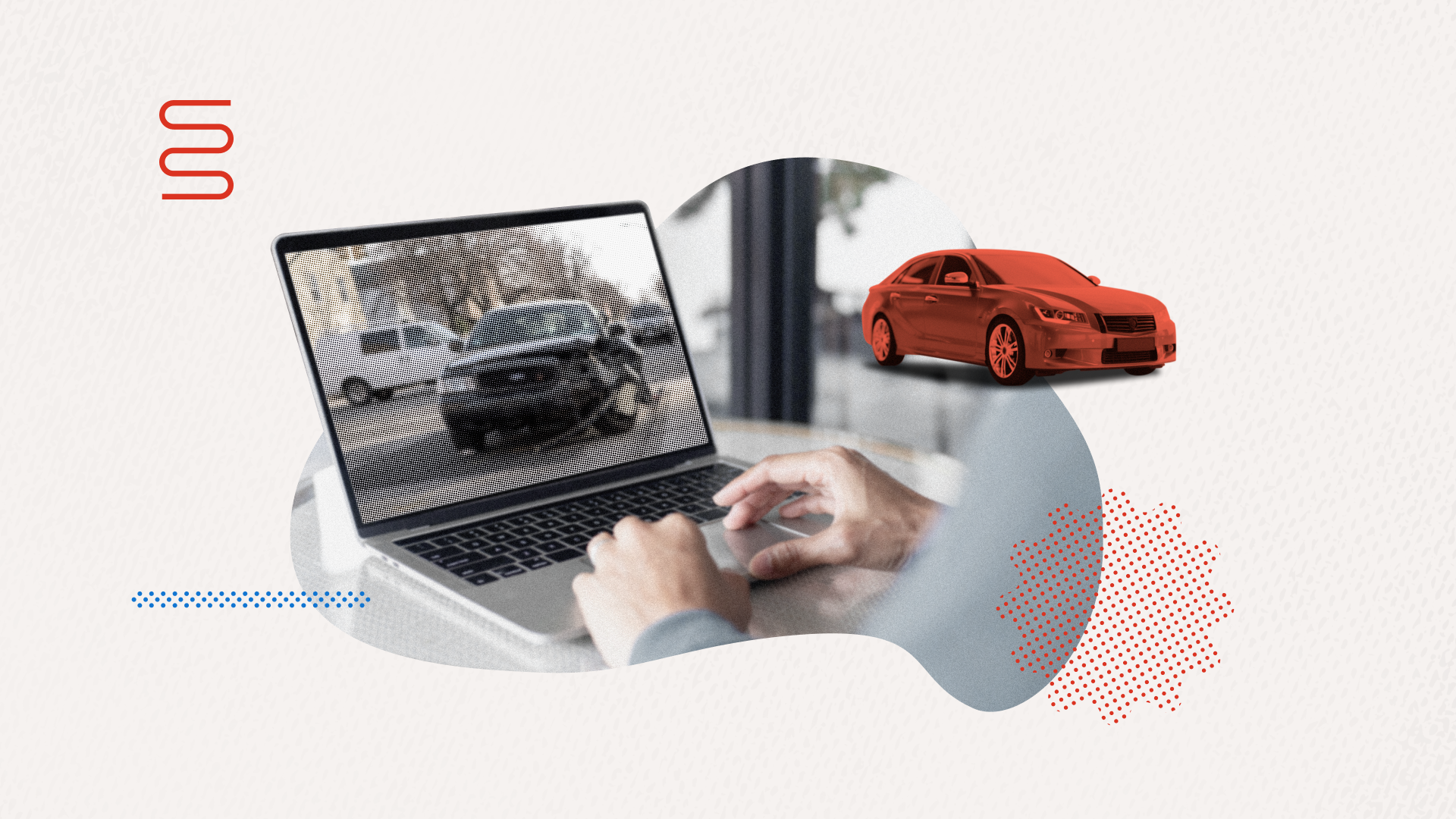
Anyone who’s been to a car dealership recently might tell you things are running a little differently. The era of pitches from car sharks is fading. From digitized purchasing to innovation a la startups, the car buying process is nowhere near what it was even just five years ago.
The auto industry is always one of the first places that consumers experience new tech. In fact, 20% of American sales take place within the auto industry. With so much money (and competition) at play, manufacturers win market share with cutting-edge upgrades. This breeds a constant churn of innovation.
It can be hard to keep on top of it all. To that end, we’ve rounded up 12 tech trends in two different categories: six directed at consumers, and six in the industry at large. Naturally, these categories aren’t separate or distinct — trends in one bucket easily cross over into the other. Let’s break it down and take a closer look.
6 Auto industry tech trends for consumers to know
- Self-driving cars: The genesis of self-driving tech began with improvements in 'smart' cruise control systems and self-parking features. These improvements just keep getting better with time. Today, low-cost cameras around a car create a 3D map of its surroundings. These cameras train autonomous operating systems, driving down costs and scaling up the tech.
- In-car internet: Cars as hotspots? Check. Manufacturers have teamed up with telecom companies to offer in-car Wi-Fi on newer models. Internet speeds are comparable to 4G LTE for up to five connected devices.
- Digital car buying: For consumers, few things are less fun than car dealership negotiations. But the digital transformation era is changing this. With online car marketplaces, people can complete their entire purchase online with digital credit applications, online notarization, and underwriting all in one place.
- Electric vehicles: Environmental pressures have increased demand for electric vehicles. Manufacturers are continually competing to solve pain points in the market: high prices, battery life, and charging infrastructure. Outside of manufacturers, a global industry of startups has cropped up to develop tech solutions for broader EV adoption.
- Shared mobility: Shared mobility refers to the collective use of a vehicle by commuters without owning it. Bike-sharing programs are a popular example of this (or scooters, mopeds, etc.), and ride-sharing apps got people hooked on the power of pooling. Vehicle-via-subscription meets consumers halfway between private ownership and public transit. With young consumers primed and aligned with subscription services already, shared mobility stands to gain traction.
- Augmented reality: Ever wanted to live in a spy movie? Transform your windshield into a holographic display with augmented reality. This tech trend completely reimagines the dashboard. Beyond speed, gas mileage, and RPM, augmented reality allows drivers to follow directions with holographic symbols. You no longer need to fidget with directions on your phone.
6 Tech trends in the auto industry at large
- Artificial intelligence (AI) and machine learning: AI and machine learning have long held promise for car design and manufacturing, and now that promise is coming true. Robots work not just independently, but collaboratively with humans in shared assembly lines. Their algorithms help identify defective materials and system irregularities in real time, improving quality assurance and safety like never before.
- Human-machine interfaces: Think Siri — but for cars. Human-machine interfaces use voice-based or haptic feedback to operate vehicles, which we will see more of as self-driving cars gain traction. These interfaces can make the driving experience not just easier and more enjoyable, but safer.
- Blockchain: Blockchain can verify the supply chain, making sure that raw materials and spare parts are sourced exclusively from legal and trusted sources. Additionally, data storage on blockchain offers security and privacy for autonomous and connected vehicles.
- 3D printing: The auto industry is second only to aerospace and defense in the use of additive manufacturing (AM) for production. 3D printing isn’t just a tech trend of the future — it’s standard operating procedure. Any mass-produced car on the road today might very well have a 3D printed engine, bumper, fuel tank, or fender.
- Internet of things (IoT): Analysts estimate that there will be 14 million semi- or fully-autonomous vehicles on the roads in the U.S. by 2025. As part of this, automakers have noticed a significant business opportunity for connecting their cars to the internet. IoT enables secure communication between vehicles as well as infrastructure components. The technology can improve road safety, traffic congestion, and pollution.
- Predictive technology: Predictive technology uses AI and machine learning to collect data on driver behaviors to forecast future activity — from a safety perspective to settings and entertainment. Predictive technology can also help to notify car owners of any problems with the vehicle.
The automotive industry has entered a new era. Notarize supports these tech trends with our online notarization platform that empowers seamless, digitized auto buying. The future of tech can meet consumers in their driveway — and with Notarize, it’s just a click away.




